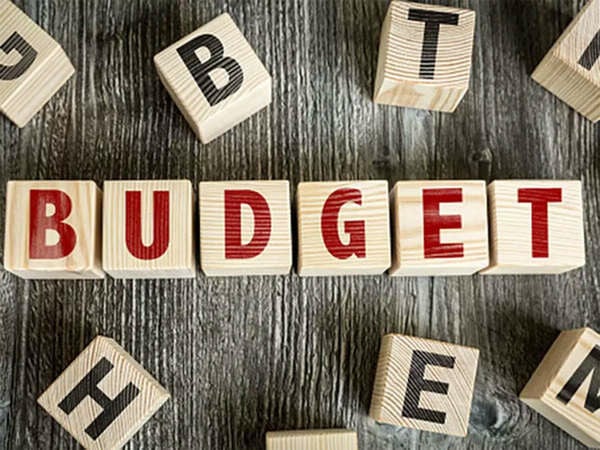Thai Cabinet ratifies 3.6 trillion baht budget for fiscal year 2025

The Thai Cabinet ratified a 3.6 trillion baht budget for the fiscal year 2025. This sees an expansion of the budget deficit to 713 billion baht, a 2.89% increase from the previous year.
The new budget was approved by the Cabinet on Tuesday, following its presentation by the Budget Bureau. It was announced by the Deputy Government Spokesperson, Rudklao Suwankiri. This budget reflects a 3.4% increase from the 3.48 trillion baht allocated for fiscal 2024.
Fiscal 2025 starts on October 1, 2024.
Rudklao informed that the budget for fiscal 2025 includes a deficit of 713 billion baht. This is necessary to ensure the continuity of economic expansion and stability, she said.
The government projects a net revenue of 2.88 trillion baht for 2025, which is a 3.6% increase from 2024. Public debt is estimated to stand at 12.7 trillion baht, equivalent to 63.7% of the GDP.
The country’s GDP growth is expected to range between 3.1% and 4.1% in 2025, averaging at 3.6%. The inflation rate is also projected to be between 1.5% and 2.5%. Thai GDP is estimated to amount to 20.0 trillion baht, a step up from 19.0 trillion baht in 2024.
Rudklao said that the next phase is for the Budget Bureau to invite various government agencies to submit their expenditure proposals for review.
During the Cabinet meeting, it was suggested by the Budget Bureau that the deadline for the submission of expenditure proposals be extended by one week – from January 26 to February 2. This extension is to allow all agencies enough time to prepare their requests in line with the policies outlined by the Prime Minister on January 12.
In another development, the Cabinet approved the extension of five items (hygienic face masks, spun-bonded fabric, alcohol gel, recycling paper, and chicken) on the price control list until June 29. These items were initially scheduled to expire on January 23.
The price control list covers daily essentials such as food, consumer products, agricultural products (fertilisers, pesticides, animal feed, tractors, and rice harvesters), construction materials, paper, petroleum, and medicines.
The list includes food items such as garlic, rice paddy, milled rice, corn, eggs, cassava, wheat flour, powdered/fresh milk, sugar, vegetable/animal oil, and pork.
Services on the list include the right to distribute copyrighted music for commercial purposes, trading services and/or shipping services for online businesses, agricultural services, medical services, other healthcare facility services, and point-of-service payment services.
With the inclusion of the five items, the Commerce Ministry‘s price control list now comprises a total of 56 goods and services items, reported Bangkok Post.
Latest Thailand News
Follow The Thaiger on Google News:


























